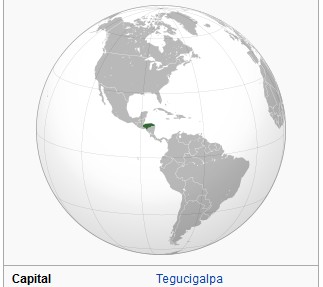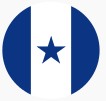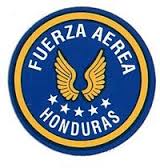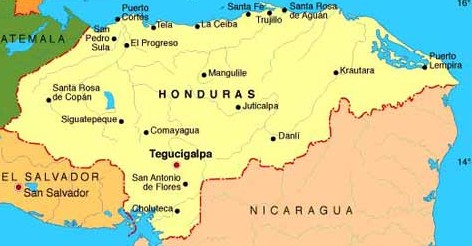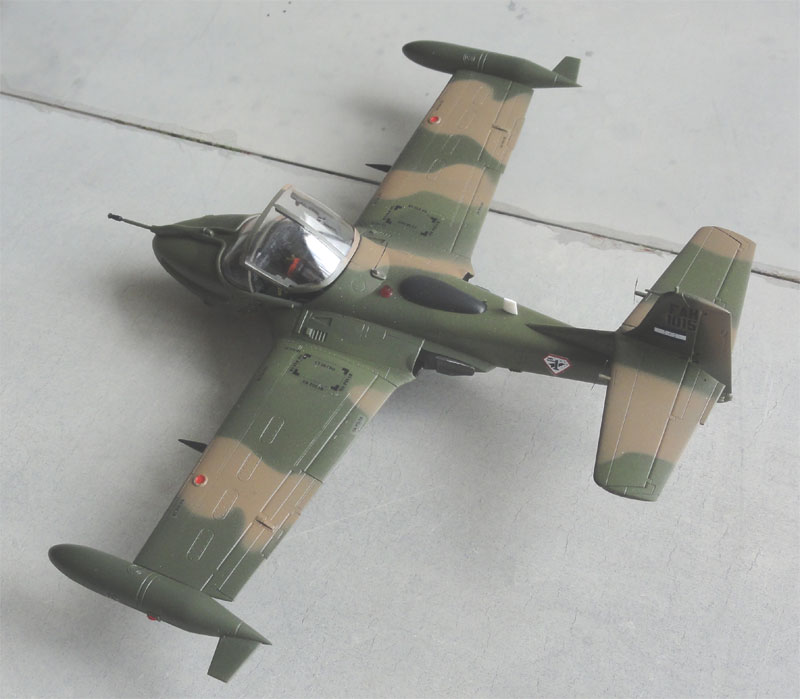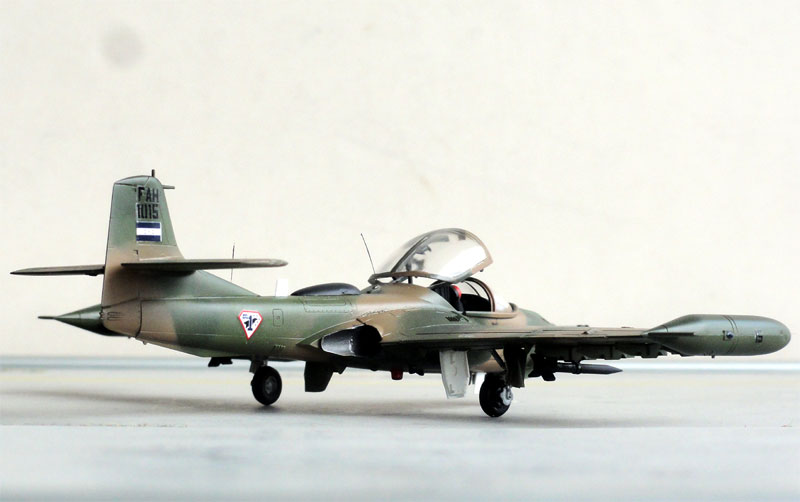[ page 2 ]
Academy model in 1/72 scale kit review and modelling report
.... continued from page 1.....
GUATAMALA
The Fuerza Aérea Guatemalteca (FAG), the air force of this Central American country got approx 24 A-37 aircraft.
The Academy model was first assembled
as indicated on page 1. A base grey coat was air
brushed, followed by these Fed.Std colours acrylics for the wrap
around scheme:
FS 34087 grey : Gunze Sangyo GU304
FS 36118 gunship grey: Gunze Sangyo
GU305
Gear bays and inside of gear doors
are white.
Decals came from the AZTEC decal
set 72-017. The model depicts a A-37B with the ser.no 69-6401 as flown
by Tte. Castaneda around 1991 of Escuadrón de Aviones de Ataque
based at Guatamala city. The fuselage badge is a special one used for the
A-37 and a toned down national insignia on the wing.

Ensure the model is gloss to prevent
"silvering"e.g. air bubbles trapped below the decals. I used a
Johnson Future/Pledge gloss acrylic. Some antennas were added made
from painted fishing line.
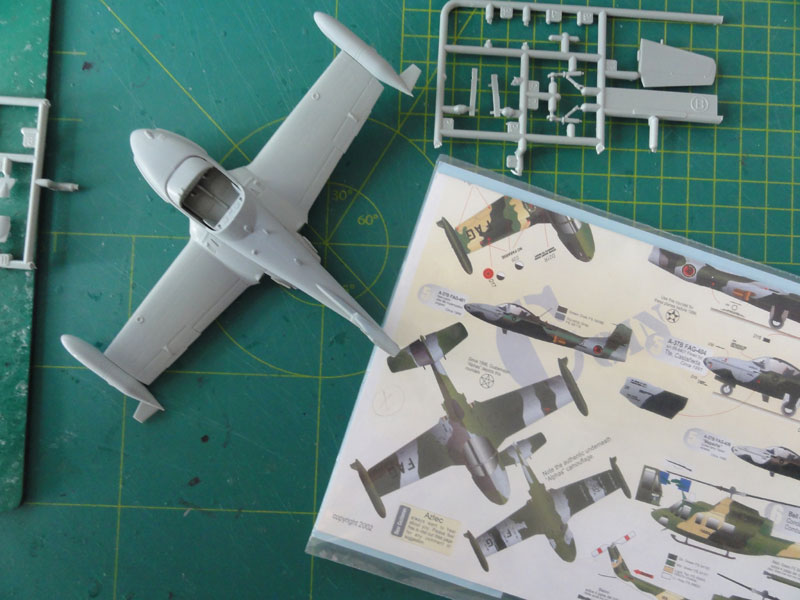
No tank boom was fitted and the canopy
set closed. Fuel filler caps were painted red.
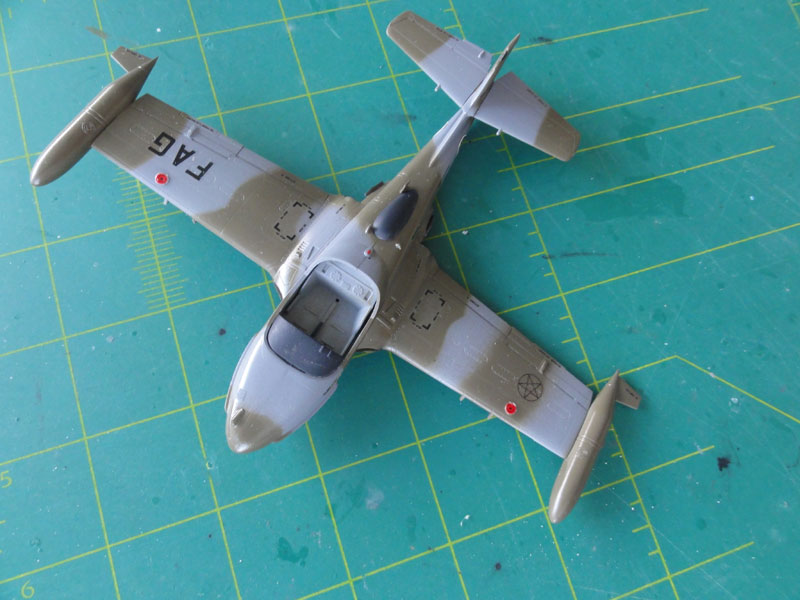
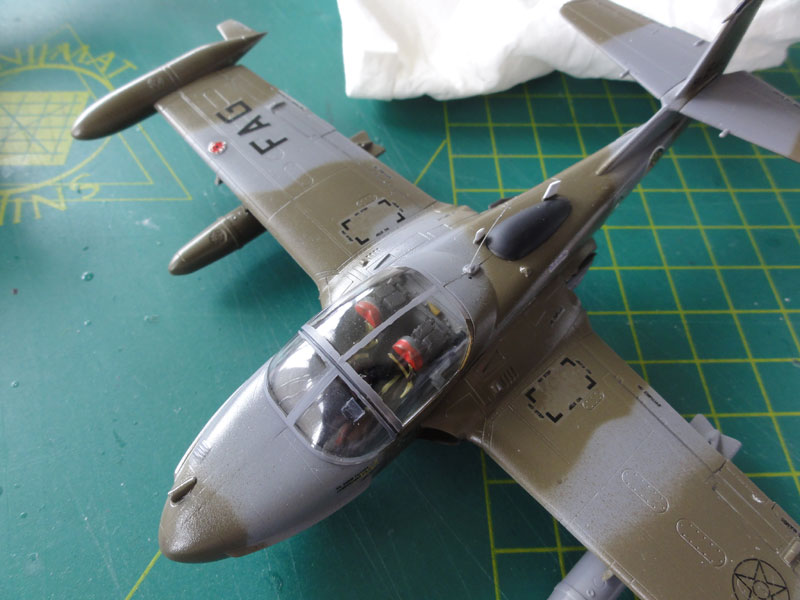
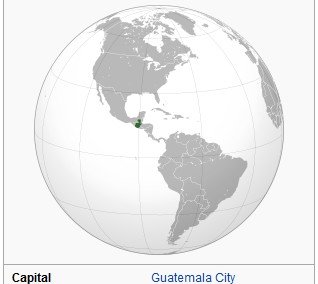

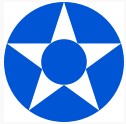
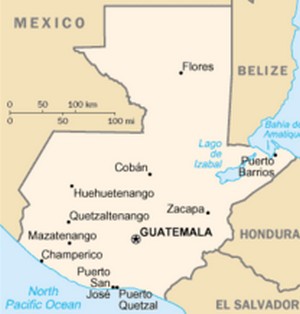
Military Aviation started in Guatamala already in 1912 with biplanes of Bleriot and Nieuport. The built-up was with French aviators and flying schools established. The Fuerza Aerea Guatemalteca was formally set in place in 1945 with many American aircraft used like the F-51, C-47 Dakota and from 1963 Lockheed T-33's. The F-51 Mustangs were flown until 1972. Of the Cessna A-37 some 24 were received in the 1980s and the type is the most capable aircraft type. Some Fokker F27 and IAI Arava's also operated with various small training aircraft like Cessna 180 and 170. The A-37 were retired with now the major attack aircraft being some 15 Pilatus PC-7. Various helicopters are the Bell UH-1, AB205, 212 and Eurocopter AS350. Main Base Aerea is La Aurora at Guatamala city. The status of the bases at Retalhuleu and Flores is unknown.
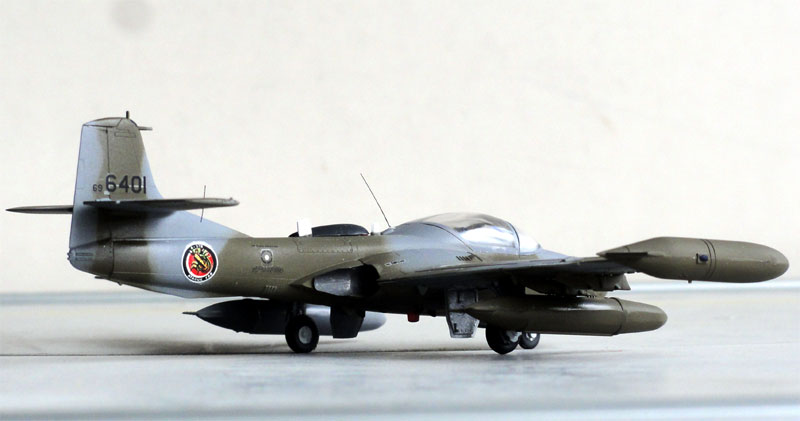
A-37B
with the ser.no 69-6401 as flown by Tte. Castaneda around 1991 of Escuadrón
de Aviones de Ataque
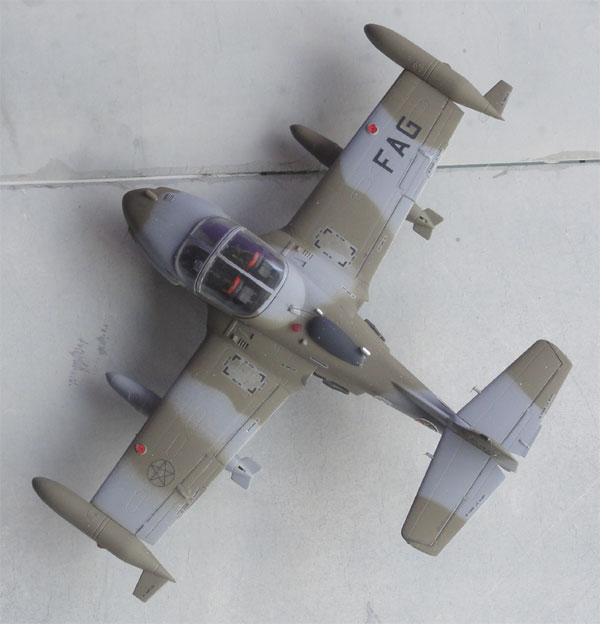
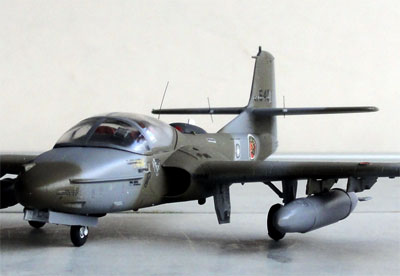
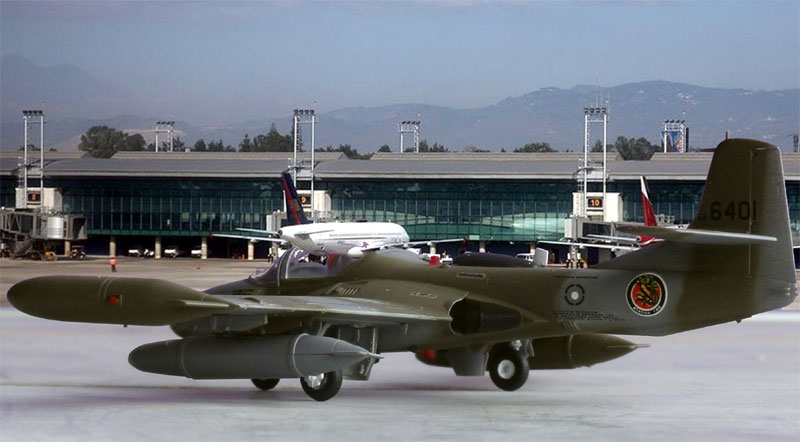
.......at Guatamala
airport
HONDURAS
Some 6 A-37B aircraft were delivered in 1975 to this Central American country Air Force, the Fuerza Aerea Honduras (FAH). In the 1970s, another 11 aircraft followed.
The Academy model was first assembled rather straight out of the box.
Decals from Albatross Model Works
from
Mexico set 72007 were used and these acrylic colours for the Fed.Std
wrap around scheme:
FS 34102 green : Gunze Sangyo
GU303
FS 34079 green : Gunze Sangyo
GU309
FS 30219 tan
: Gunze Sangyo GU310
This model has the Honduras flag but
no roundels. On the rear fuselage is a peculiar badge of 1 Grupo Tactico
based at San Pedro Sula. No other insignia are carried probably.

The canopy was set open, got some
mirrors and the tank boom was fitted.
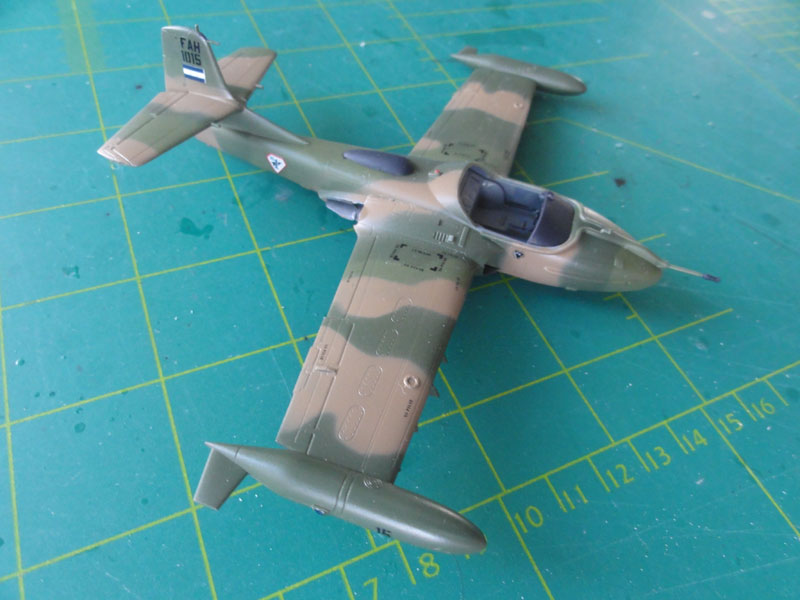
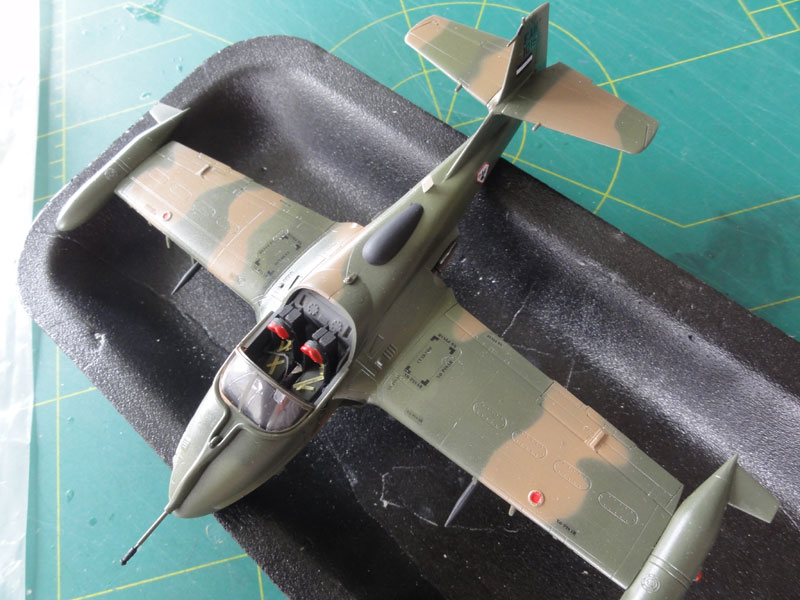
The Fuerza Aerea Hondurena started in 1921 with a Bristol F.2b and other biplanes followed with a flying school founded in 1931. After the Second World War many surplus US aircraft followed like the P-38 and P-63 King Cobra and in 1960s F4U Corsairs. In 1969 a war arised over a soccer match with El Salvador, the "soccer war". In 1970 F-86K dogs were obtained from Venezuela and some 10 Canadair F-86 CL-13 Sabres. In 1975 the first A-37B Dragonflies arrived, followed by another 11 aircraft. From Israel converted Super Mysteres Sa'ar jets were acquired from 1975 that were locally called the Sambad.
The Honduras Air Force was further strengthened during the 1980's with F-5E Tigers to counter the threats coming from the Civil Wars being fought in El Salvador and Nicaragua until the end of hostilities in the 1990's.
Air bases were at Tegucigalpa -Toncontin, Comayagua, San Pedro Sula, and La Ceiba and stations at Cantacamas, Alto Aguan (bombing range), and Puerto Lempira. There was a radar station at La Mole peak. The Air Force is not organized with squadrons but rather per Air Base.
Some OA-37 Dragonflies are still in service but the principal fighter is now the F-5E. Several helicopters are also used like Bell UH-1, 412, 429 and Hughes 500. For transport Let L-410 and Cessna Caravan aircraft.
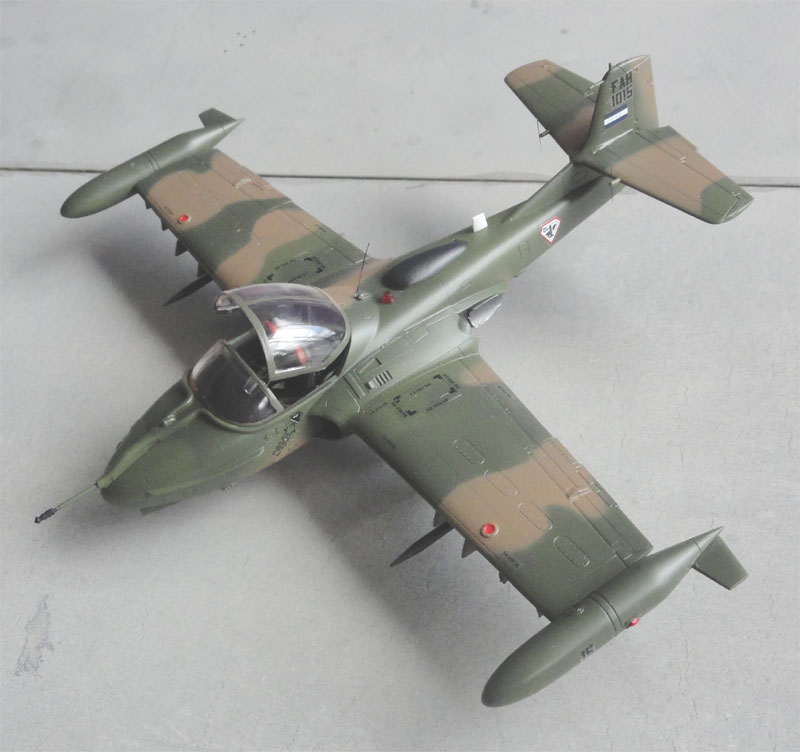
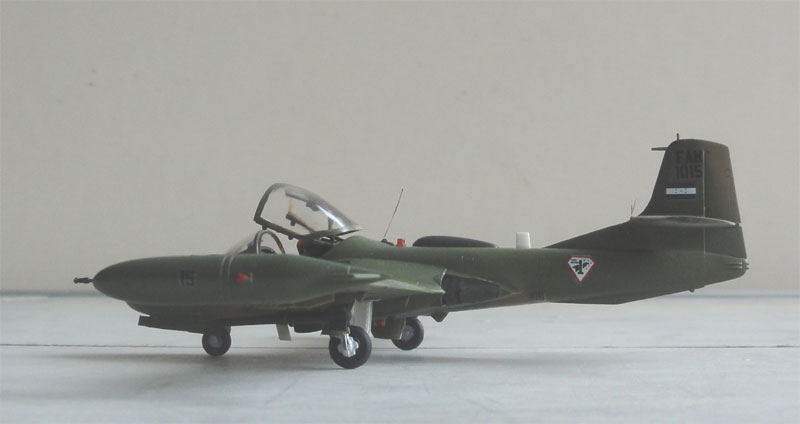
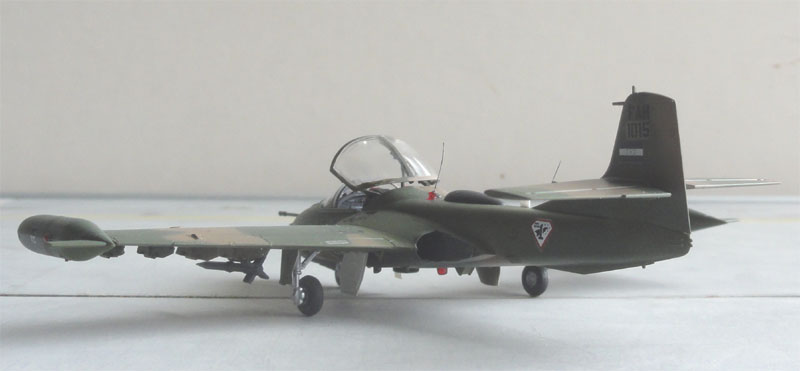
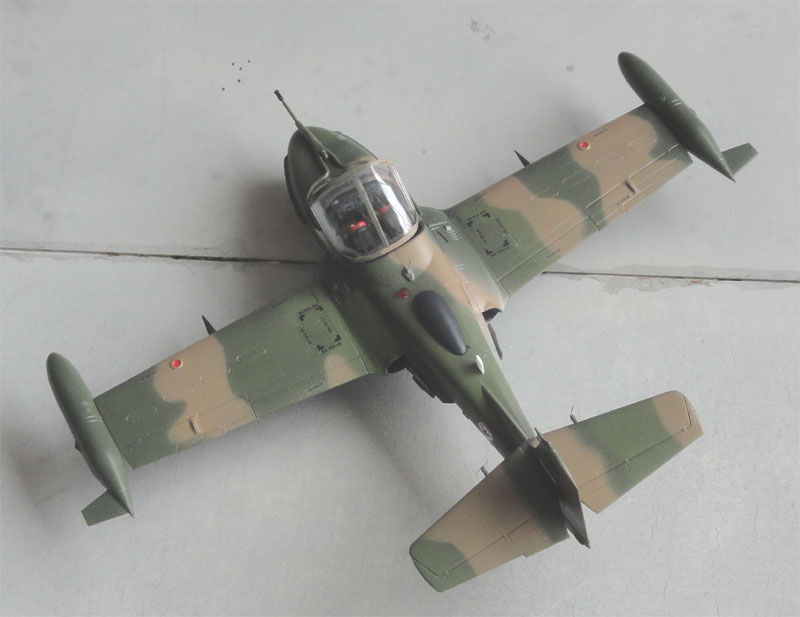
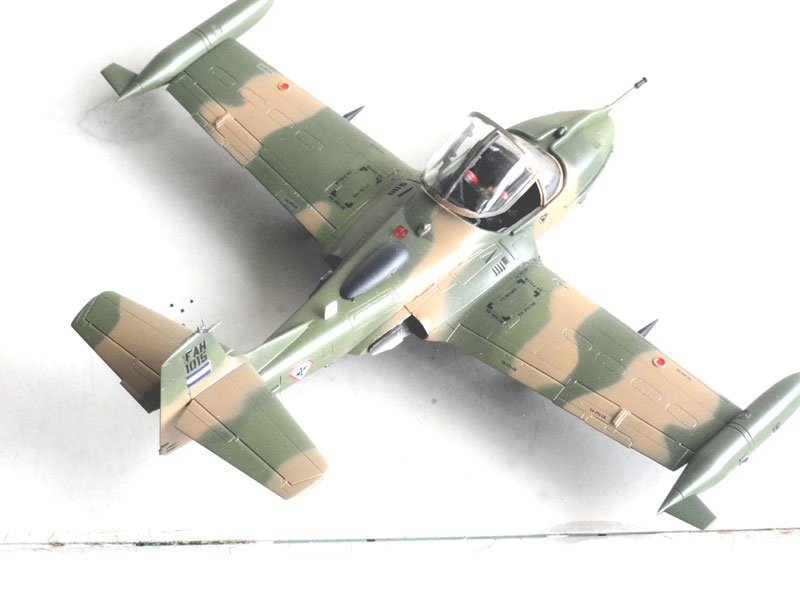
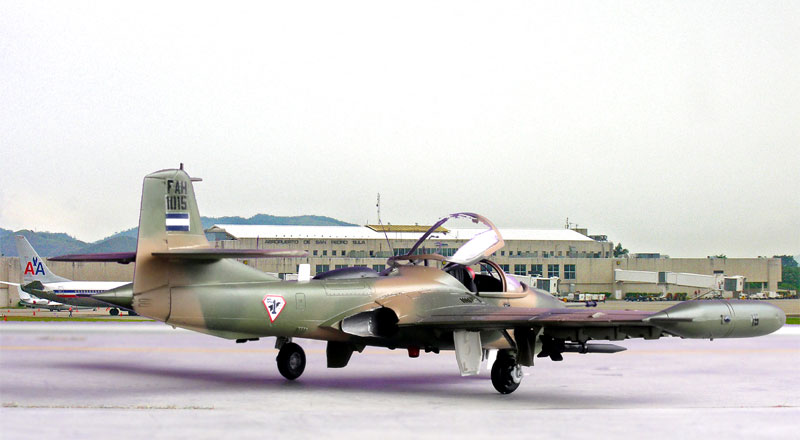
.....at Honduras
San Pedro Sulas in the North West of the country
URUGUAY
The Academy model was first assembled
rather straight out of the box. The canopy was set open and got a few mirrors
details inside.
For the "wrap around" scheme I used
these acrylic Fed.Std colours:
FS 36081 grey :
Gunze Sangyo GU301
FS 34079 green : Gunze Sangyo
GU309
Decals from Albatross Model Works from Mexico set 72007 were used.
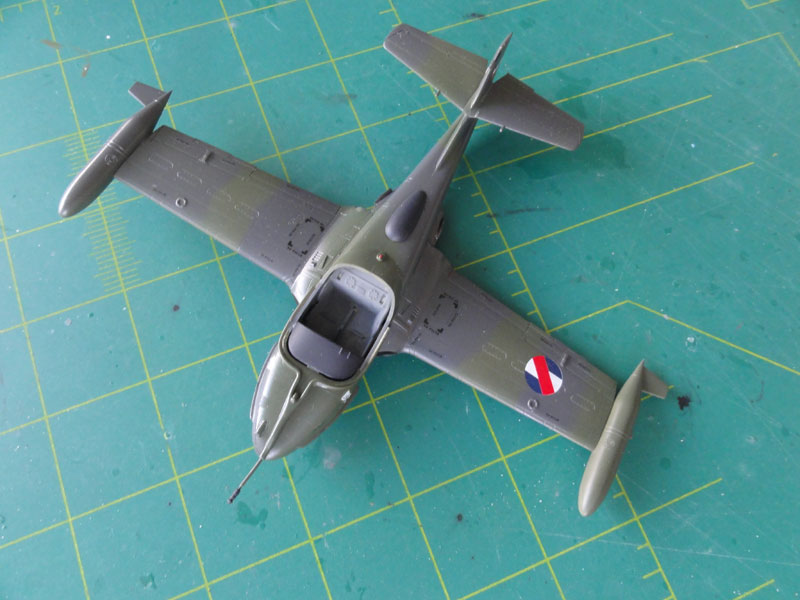
Here with windshield and tilted canopy.
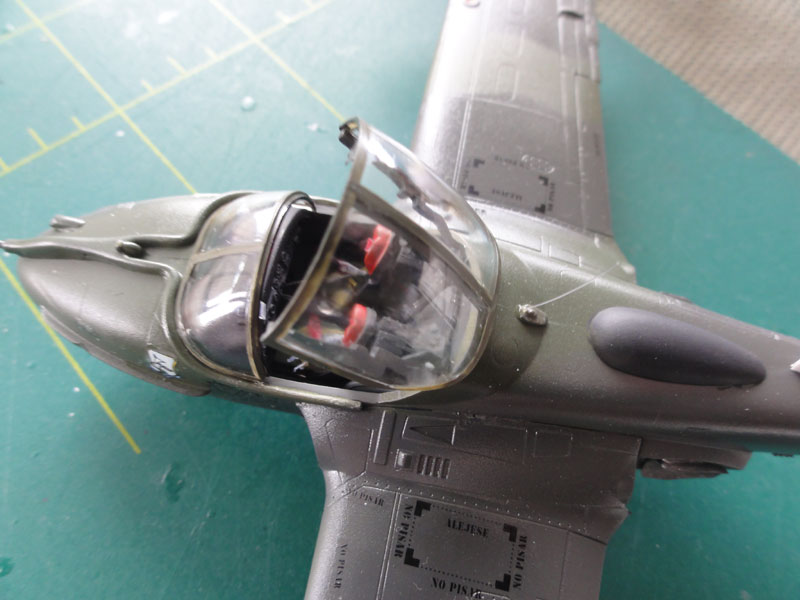
Note the Spanish language stencils.
URUGUAY
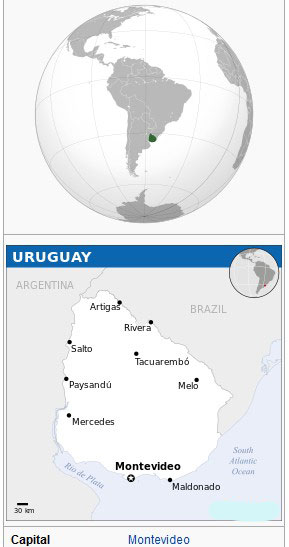

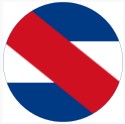

[ area: 176,215 sq.km | 3,5 million inhabitants | capital: Montevideo | GDP USD 18,000 per capita nominal ]
Military aviation started in Uruguay in 1916 with a flying school at Paso de Mendoza with a Farman biplane.
From Argentina Castaibert 913-IV monoplane was received made in
Argentina by this French born aviator which looked like Moranes. A few
extra 913-IV and 914-V monoplanes followed. A Schreck FBA flying boat was donated in 1917 and a Martinsyde F4 acquired for evaluation. In
1919 a few Avro 504K were acquired as well as Breguet XIV and 6
Nieuports Ni 83 trainers in 1922. From Italy in 1925 came a few Ansaldo
A1, SVA5 and a SVA10. The first combat unit got SPAD XIII fighters. A
local air service began operations with Latecoere 25 and long endurance
flights endeavoured. Some additional aircraft were again Avro 504K an
Breguets as well as De Havilland DH9, some 24 Nieuports 27 and Potez
25. After political revolts in the 1930s, some 10 WACO JHD biplanes
were acquired as were IMAM Ro73 recce biplanes. In the Second World War
a lend-lease agreement was set-up with the USA and in 1942 Curtis
SMC-1, AT-6 Texans and Fairchild PT-19 trainers and a few other types
were received. After the end of the War which surpassed Uruguay, PT-26
and a few C-47 transports arrived. From
1949 some 15 B-25 bombers arrived with in 1956 25 F-51D Mustangs. End
1953 the Fuerza Aérea
Uruguaya (FAU) became a separate force. Chipmunk trainers and extra
AT-6 were acquired and the first Bell OH-13G helicopters. The first
jets were in 1956 4 T-33 delivered as
well as the first F-80 Shooting Stars. In 1976 some 8 A-37B aircraft were obtained and 8 OA-37B end eighties. More recent types
were/are IA-58 Pucara's, Casa C212, T-34 and C-130. As of 2014 Escuadrón Aéreo
N°2 Caza flies the A-37. From 2003 some 20 SF-260
trainers were acquired. The last Pucara went out of service March 2017. In 2024 plans to acquire 6 EMBRAER Super
Tucano were discussed and the A-37 also needs replacement with just a few jets serviceable.
Four bases are located near
the
capital Montevideo and one at Durazno.
[ The navy "Aviacion Naval Uruguaya" also flies few aircraft; in the past Jetstream , T-34 and helicopters such as Wessex . Currently types like Beech 200 from mainly the base at Laguna del Sauce ].
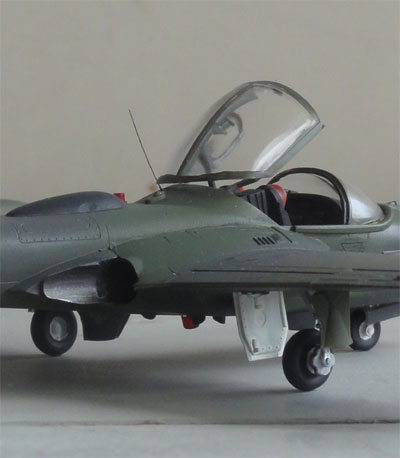 .
. 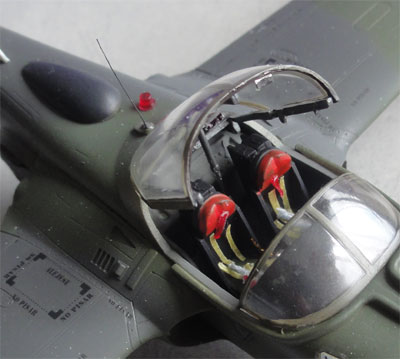
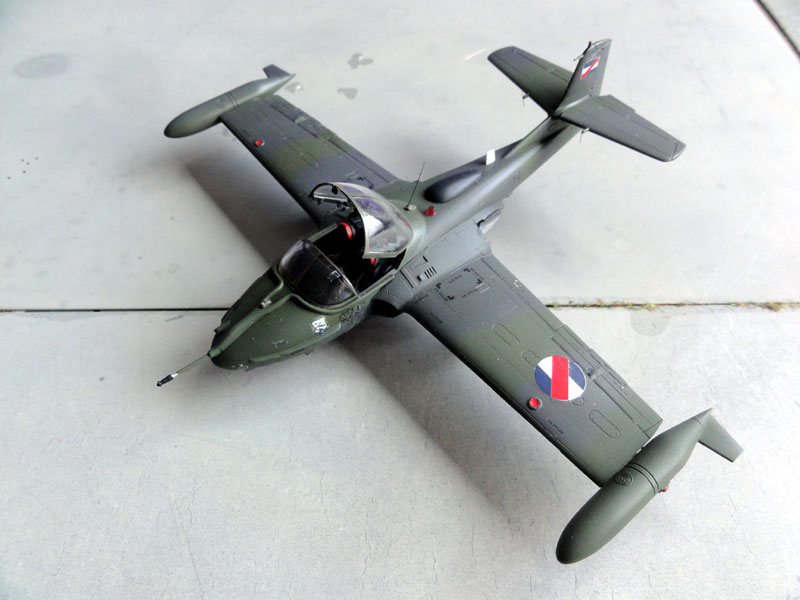
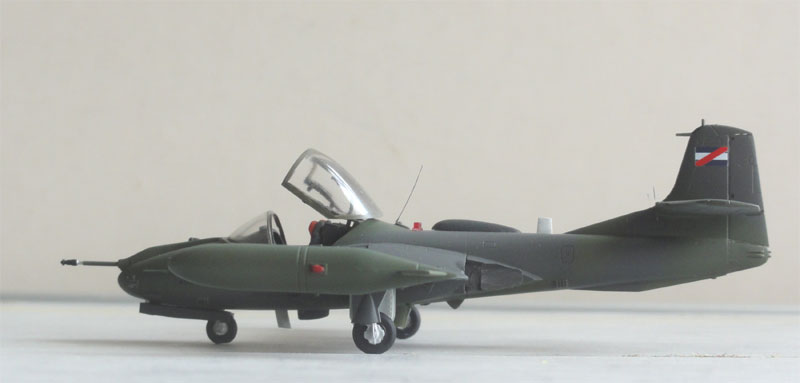
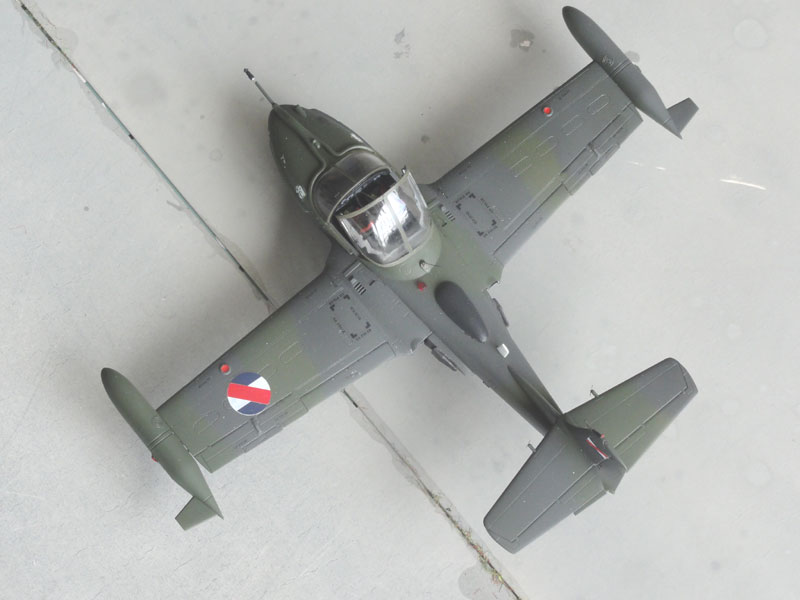
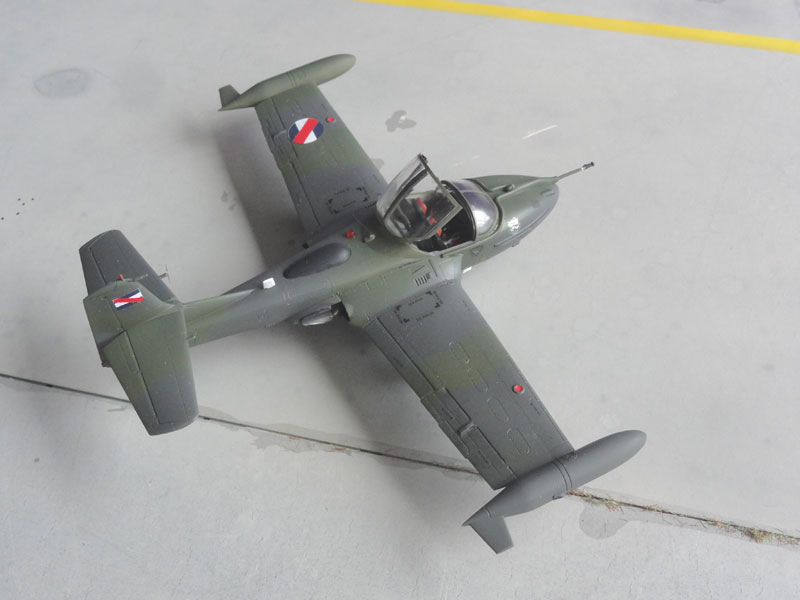
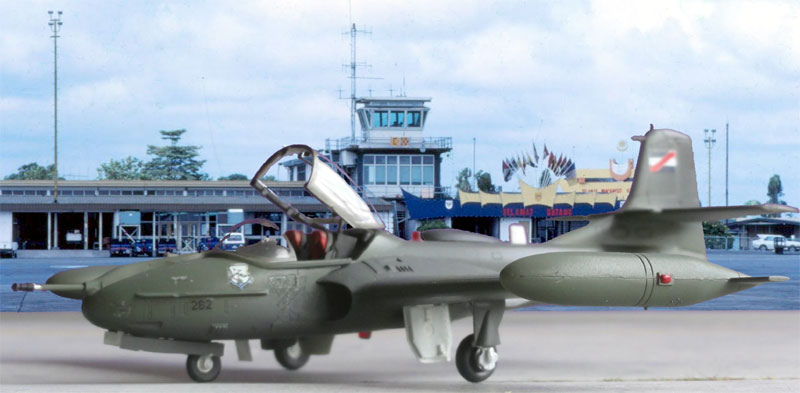
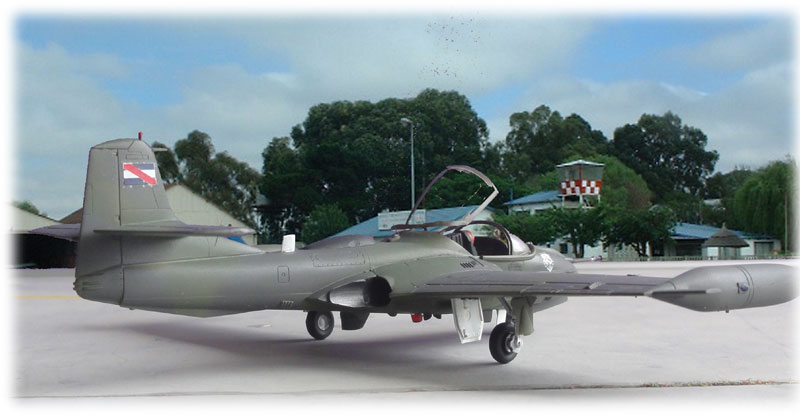

Also check out the old Hasegawa A-37 kit on [ Page 3 ] ....

(c) Copyright Meindert "designer"/ All rights reserved. Your comments are welcomed by webmaster
